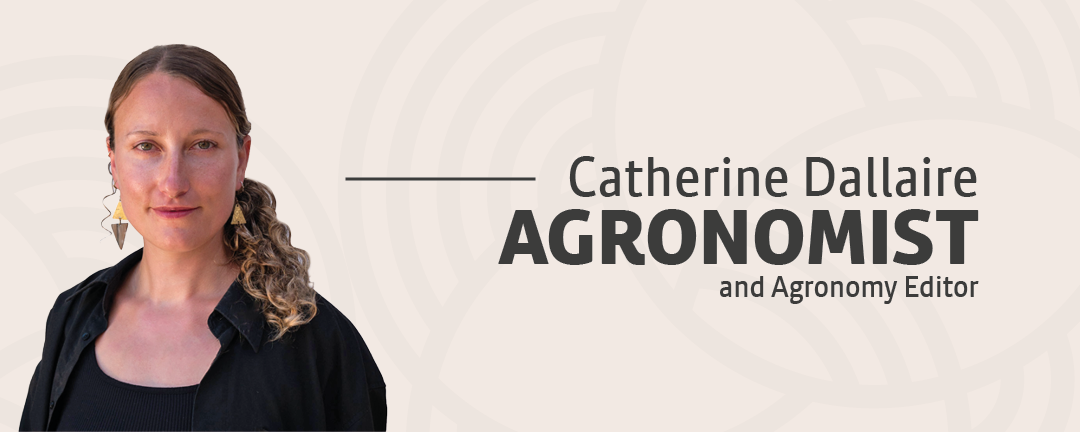
Farmer Demographics
In 2021, the average Canadian farm operator was 56 years old. Based on current population trends, this means the average farmer will be 69 years old in 10 years. As you can imagine, not many people that age are still fit to handle a shovel.
In 1971, one in fourteen Canadians was a member of the farm population. This ratio plummeted to one in sixty-one in 2021, representing a 62.2% decline in the number of citizens engaged in agricultural work.1
This only begs the question: Who will feed future generations given that agriculture is such a risky business? When all our farmers will have sold their land, it will be too late. There will be no one left to feed us once our rich soils, agricultural communities and expertise are decimated due to government inaction.
An Inadequate Budget
According to the Quebec budget plan, only 1.1% of provincial funds will be allocated to the Ministère de l’Agriculture, des Pêcheries et de l’Alimentation in 2024–2025.2 Is this truly viable for Quebec’s future? The budgetary allocation for agriculture is lower than the amounts earmarked for justice, public safety, or culture and communications.
But if we go to the root of the matter, the agricultural sector is dying due to a lack of regard for farmers’ essential role and knowledge. Will policymakers only listen once there is no food left to put on the table?
Sources :
- The socioeconomic snapshot of Canada's evolving farm population, Statistiques Canada, 2021.
- Budget 2024-2025, Gouvernement du Québec, 2024.
